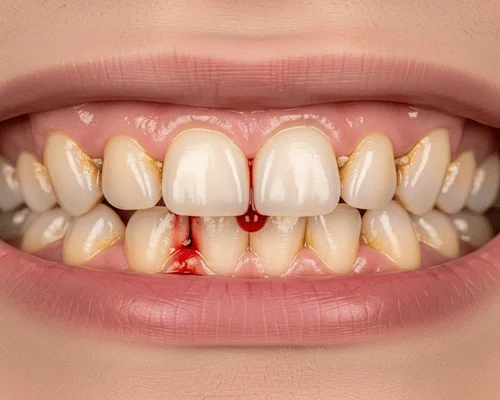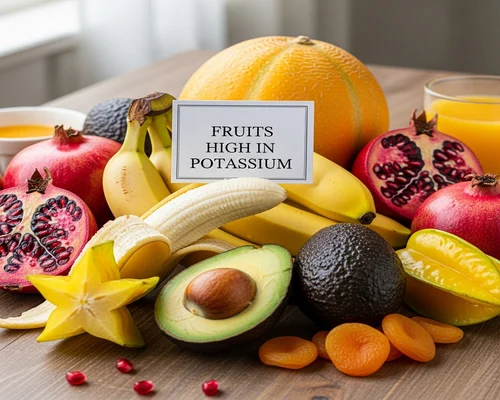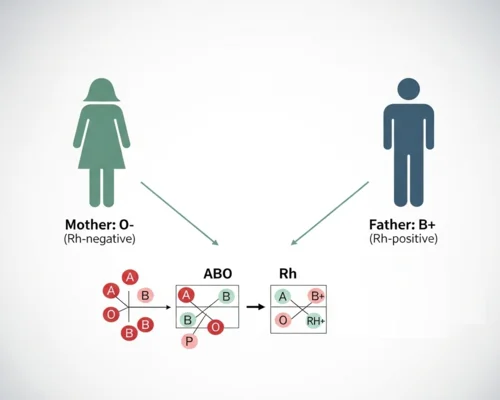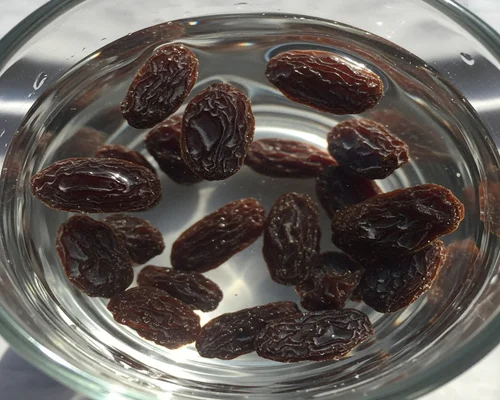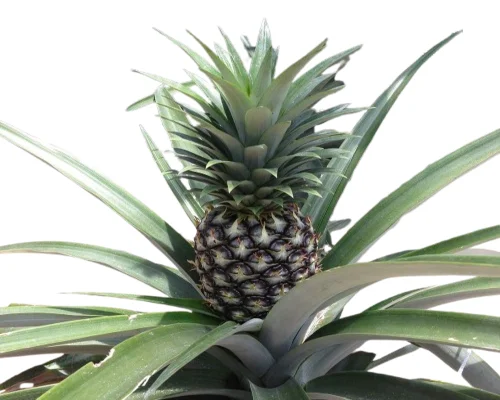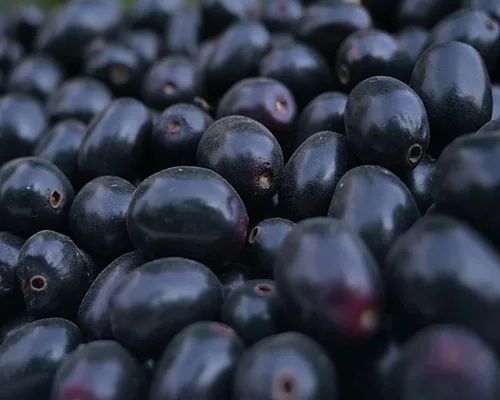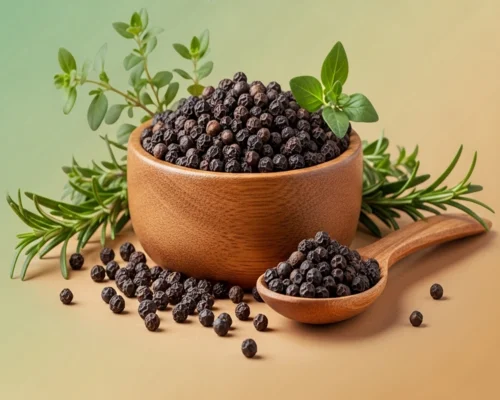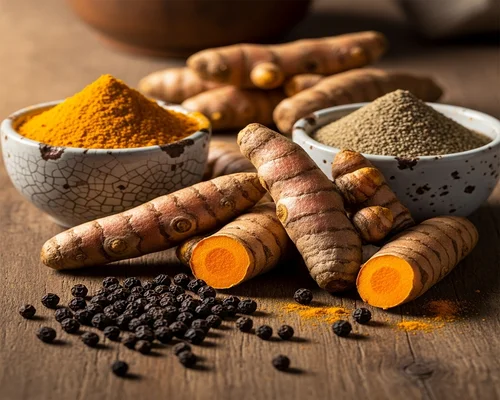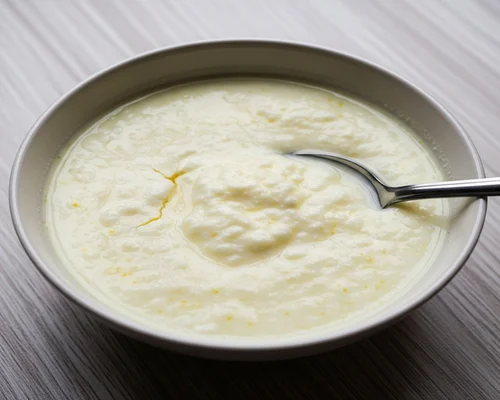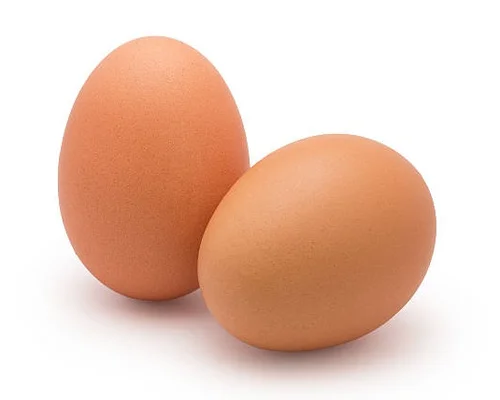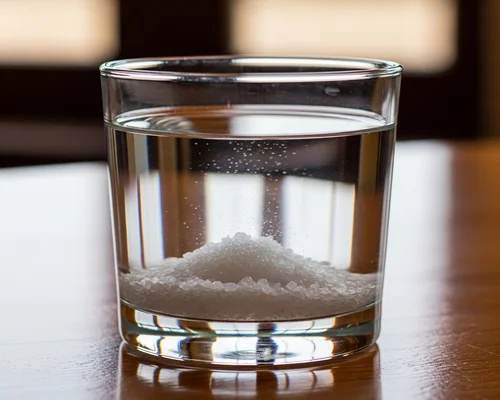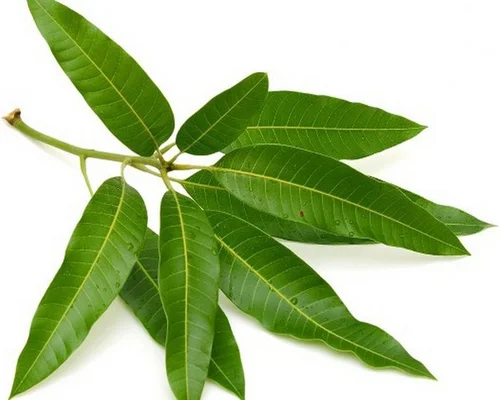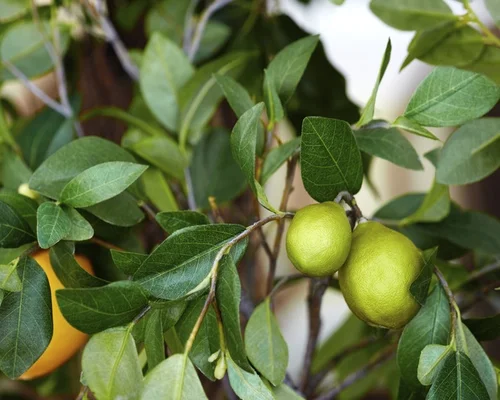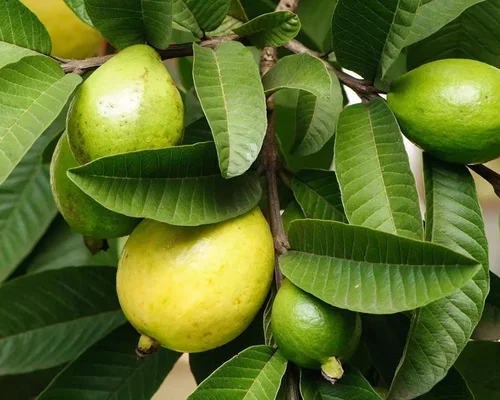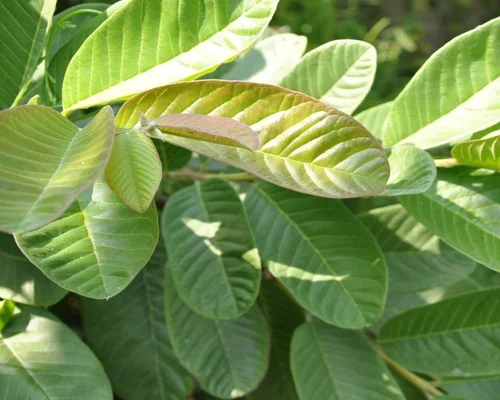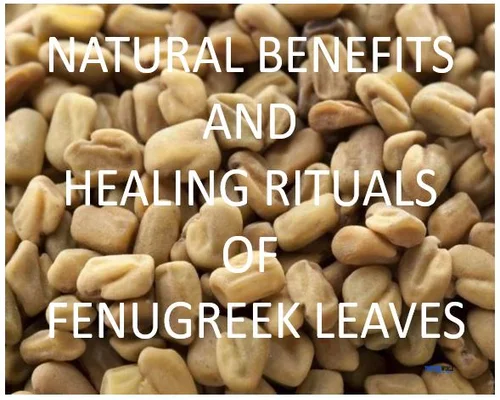
Natural benefits and healing rituals Fenugreek seed
Fenugreek (Trigonella foenum-graecum)
Fenugreek is a well-known vegetable. It has good medicinal properties. It is a great gift of nature for humans and good health is maintained if used regularly. Fenugreek is a fragrant, perennial herb. About 30-50 cm long. Its leaves are compound, light green in color, flowers are yellow in color. The seeds are grey-yellow in color and fragrant.
Origin and spread
Fenugreek is considered a native plant of Eastern Europe and Ethiopia. People in the Mediterranean region and Asia have long used it as food and medicine. Methi is a winter crop and is widely cultivated.
Food quality
Fenugreek plant and its leaves are eaten as vegetable. Steaming the leaves is considered to be the best method. Because in this process, vitamins are not lost in cooking and the taste is also better. It is used as food supplement for lysine deficient cereals. Lysine is an essential amino acid. Fenugreek seeds contain bitter tasting fatty oil, resin, mucilage and albumin. It is high in minerals and vitamins.
Dietary values: water, calcium, protein, iron, phosphorus, fat, vitamin C, fiber, carbohydrates, small amounts of vitamin B complex.
NATURAL BENEFITS AND HEALING RITUALS OF FENUGREEK LEAVES
Hair tonics and cosmetics
Fenugreek leaves are aromatic, cooling and mild laxative. A paste of fresh leaves applied regularly to the hair before bathing increases the length of the hair, maintains the natural color and makes the hair silky soft. Daily application of fresh leaf juice on the face and washed with warm water prevents acne, dark spots, dry face and premature aging of the skin. It brightens the color of the feet and makes them look younger.
Heals gastric
Fenugreek seeds are demulcent, diuretic, carminative which cures gastric disorders, increases the flow of breast milk, astringent and aphrodisiac tonic. It cleanses the body and dissolves mucus very well.
Digestive disturbances
Fenugreek leaves are very effective in treating indigestion, flatulence and weak liver. Fenugreek seeds are also used to treat flatulence, dysentery, diarrhea and indigestion.
Anemia
Fenugreek leaves help in blood formation. Cooked fenugreek leaves are very useful to prevent anemia in adolescent girls. As fenugreek seeds are rich in iron, they are also beneficial in anemia.
During pregnancy and lactation
Fenugreek seeds are roasted in ghee and ground finely. Halwa is made by mixing wheat flour and sugar with this powder. Consuming a small amount of this mixture every day will help you recover quickly after childbirth. Fenugreek seeds are boiled in water and fed to lactating mothers to increase the flow of breast milk.
Dandruff
Fenugreek seeds are used to remove dandruff. Two tablespoons of fenugreek seeds are soaked in water overnight. In the morning these softened seeds are made into a paste. Apply this paste on the head and wait for half an hour. Hair should be washed well.
Fever
Fenugreek seed tea acts like quinine in treating fever. It is especially useful as a cleansing and relaxing drink.
--------
tags-fenugreek seeds benefits, fenugreek seeds benefits for health

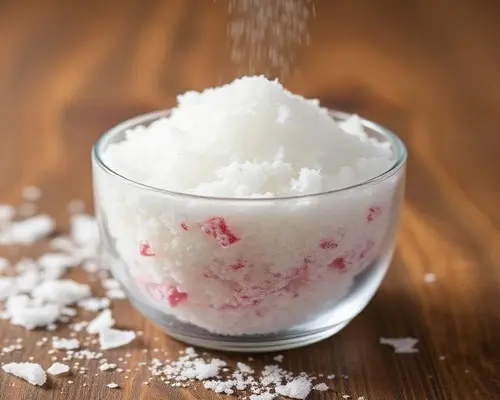

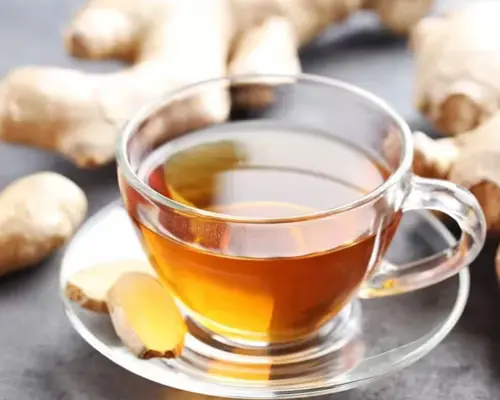
-vegetable.webp)
